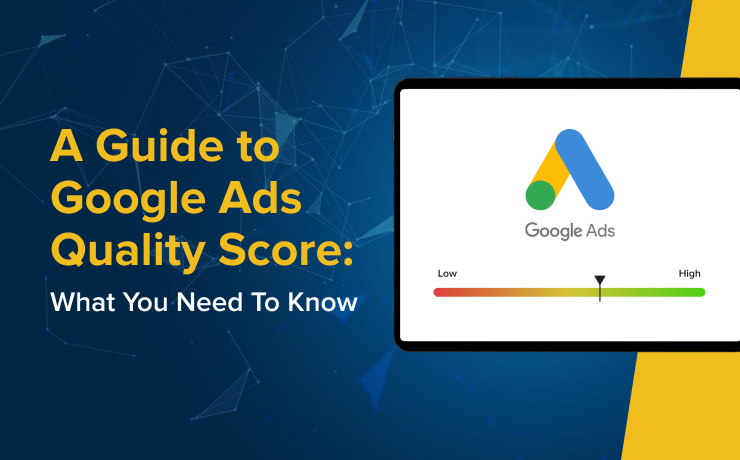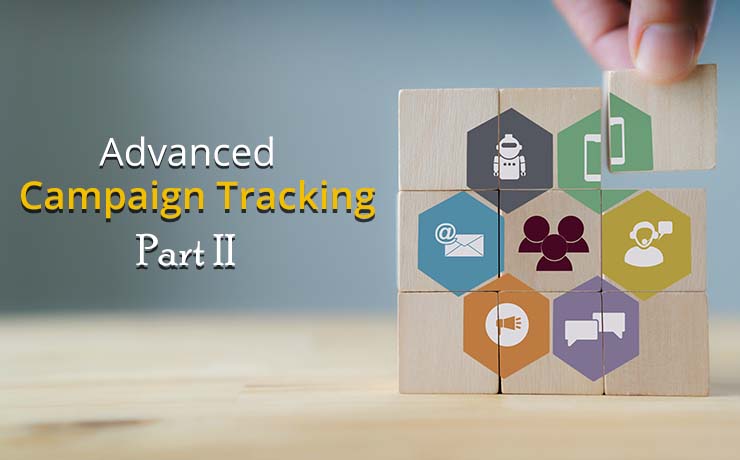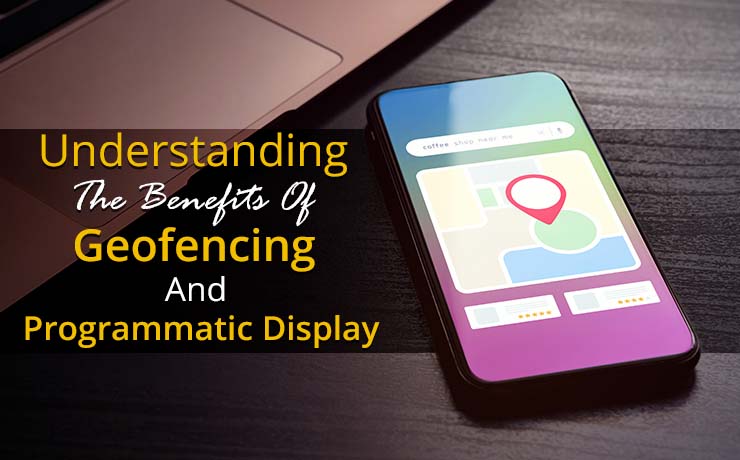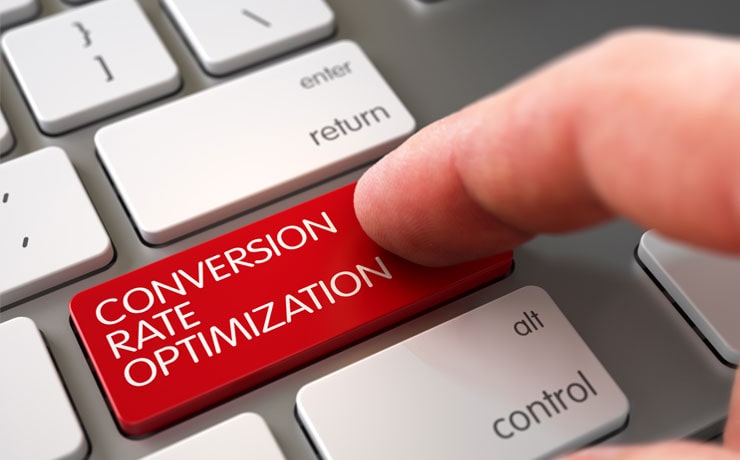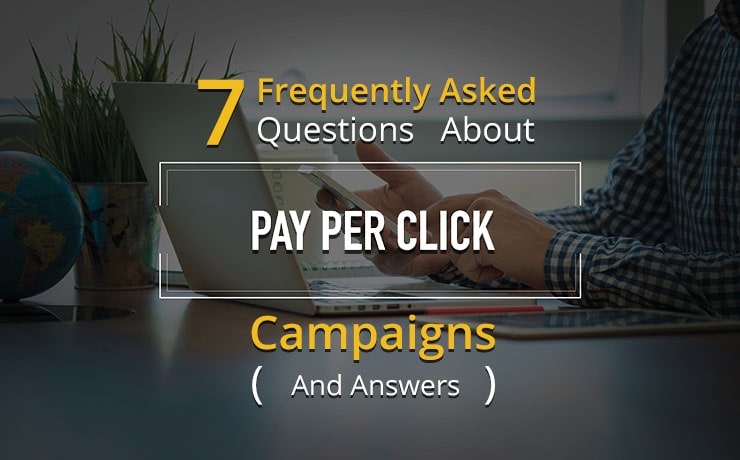
If you’re not familiar with how demand-side platforms work such as Google, Bing, or Facebook, you may have a few questions. As a business professional, you often don’t have time for all the technical moving parts but want to make sure your PPC campaign is getting the attention it needs to increase your bottom line. Here are 7 frequently asked PPC questions broken down for business leaders.
Why is my campaign overspending?
Google wants to show your ads at the best opportunity in order to maximize your ROI goals. Google can spend up to 2 times your daily budget on a given day but will not exceed your average daily PPC budget for the month.
How fast can I expect results?
When a pay-per-click campaign first starts, it goes through a learning phase in which Google’s machine learning begins and typically lasts about a week. During this time, data is continuously being collected so Google’s artificial intelligence (AI) can learn and make real time campaign optimizations. Google recommends not making any additional adjustments to campaigns for at least 2-3 weeks for optimal success. Changes to avoid making include: ad text, bid strategy, decreasing budget, and modifying bids.
How does billing work?
For us, transparency is key. Ad platforms bill your credit card directly and SmartSites bills our management fee separately on the first day of each month for the previous month’s spend. In most cases such as with Google and Facebook, platforms bill after certain thresholds. For example, Google will often bill for every $300 in spend or after 30 days, whichever is greater.
Note: If a transaction is declined, ads will turn off and will not serve until the payment is updated. This could result in a campaign missing out on potential sales or leads, and will need to endure a new learning phase.
How can I see if my ads are running?
Never Google yourself! You may be paying per click when you do that. Searching for your keywords and not clicking, however, will negatively affect your click-through-rate (CTR). In addition, if you are continually searching and not clicking your ad, Google will think this ad is not relevant to that search term, which will affect quality score and could ultimately cause you to pay more per click. The best way to see your ads is using the Ad Preview & Diagnosis tool in the Google Ads platform.
Why should I bid on my own brand?
We recommend allocating a portion of your budget to your brand name because it gives you a larger influence to users of what your brand looks like in search results and your business becomes easily accessible at the top of the page. Branded keywords will also make it more expensive for competitors to use your name because your ad will have better relevancy and ultimately win the auction with a lower cost-per-click.
If I’m tech-savvy, can I make my own account changes?
When a client makes changes to their ad account without letting the PPC manager know, it could negatively affect any testing and experiments that may be in progress. Too many changes in a short period of time interferes with data collection and overall strategy. If you would like a change to be made to your account, contact your PPC manager so that you can discuss if the change makes sense at that time.
What key metrics should I be looking at?
There are many KPIs to look at but when it comes down to it all, we know your PPC campaign should result in new customers and growing your ROI. Other key metrics that are important are your click-through-rate or CTR (how many people clicked versus who say the ad), quality score (landing page experience + ad relevance + estimated CTR), and cost per conversion (how much you spend to result in a lead, phone call, or sale). There are numerous additional metrics to measure campaign performance and your PPC manager can help you figure out which ones work best for your business.
Now that you’ve learned about some of the most frequently asked PPC questions, you’re ready to grow your business with a little more insight about your PPC campaign!
 Free
Consultation
Free
Consultation Free
Google Ads Audit
Free
Google Ads Audit

